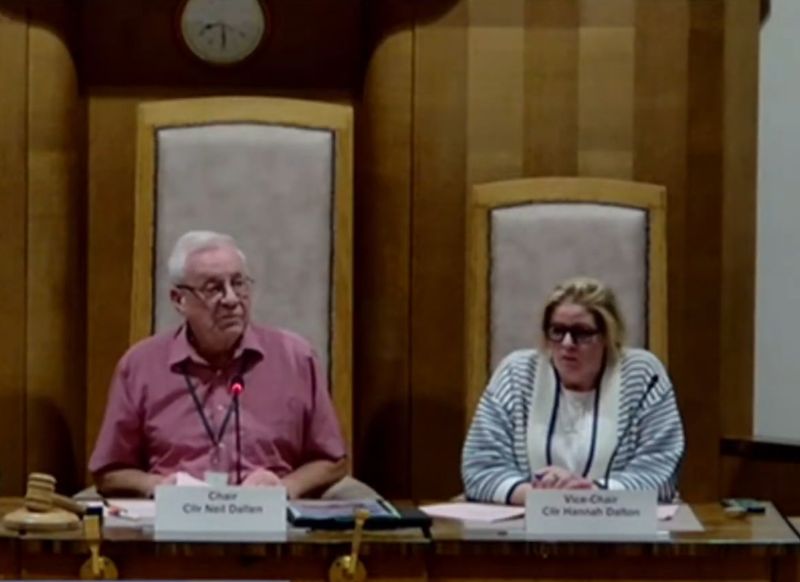Concerns over secretive policing include Surrey
Surrey Police has been affected by a nationwide push by the National Police Chiefs’ Council (NPCC) to influence responses to Freedom of Information (FOI) requests, raising concerns about transparency in local policing.
Newly obtained data from the BBC reveals that Surrey Police referred a total of 39 FOI and Environmental Information Regulation (EIR) requests to the NPCC’s Central Referral Unit (CRU) between January and March 2024. This accounts for around 9.6% of all FOI and EIR requests received by the force in January, 8% in February, and 3.5% in March.
Of the 39 requests referred, six were classified as “mandatory referrals,” a controversial category requiring police forces to consult with the CRU before disclosing certain types of information. Topics covered under these mandatory referrals include covert policing operations, counter-terrorism, and the use of controversial surveillance technology. Critics argue this process enables the NPCC to centralise control over information disclosure, effectively limiting the public’s right to know.
Nationally, the CRU advised local police forces on 1,706 FOI requests in the first three months of 2024, a practice campaigners have labelled as “authoritarian censorship.” In some cases, police forces that had initially disclosed information were later advised to retract their responses, with the CRU citing concerns about national security and reputational risks.
Surrey Police received 523 FOI and EIR requests over the three-month period, meaning one in 13 requests was referred for CRU advice. Transparency advocates argue that these figures highlight an increasing trend of policing secrecy, particularly in sensitive areas such as police surveillance, drug-related crime, and misconduct investigations.
Jake Hurfurt, head of research at Big Brother Watch, condemned the NPCC’s role, stating: “Pressuring police forces to retract data disclosed in response to journalists’ Freedom of Information requests, and instead trying to refuse to confirm or deny they hold the data, is the practice of an authoritarian censor, not an accountable public body.”
While the NPCC insists it only provides guidance and does not dictate disclosure decisions, critics believe the process lacks accountability. The Information Commissioner’s Office (ICO) has previously taken action against multiple police forces for poor FOI performance, though Surrey Police has not been subject to specific regulatory action.
This revelation raises questions about whether Surrey residents are receiving the full picture when requesting information from their local police force. As scrutiny intensifies over the role of the NPCC in transparency matters, campaigners are calling for greater oversight to ensure that FOI laws serve the public interest rather than institutional secrecy.














